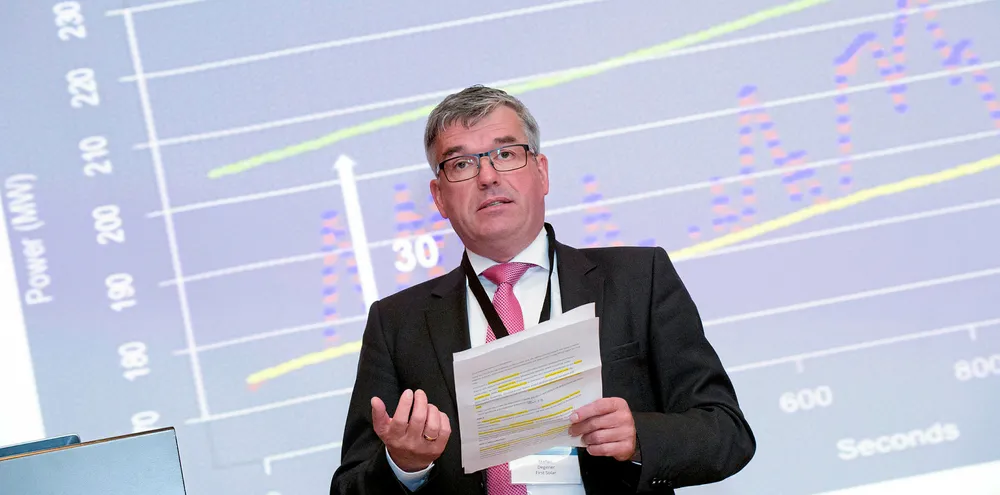'A European Green Deal will have an enormously positive economic and environment impact'
Europe already has the tools to transition to clean energy – kick-starting economies and slashing emissions at a stroke, writes Stefan Degener

Europe already has the tools to transition to clean energy – kick-starting economies and slashing emissions at a stroke, writes Stefan Degener
